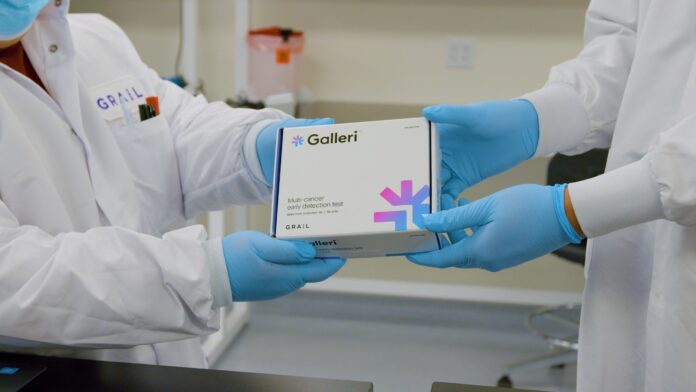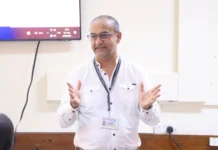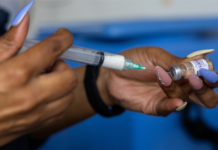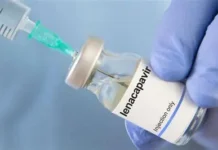A new study suggests that a simple blood test could revolutionize how cancer is detected, potentially spotting dozens of cancers long before symptoms appear.
The research, conducted by the biotechnology company GRAIL, found that its multi-cancer early detection (MCED) test, known as Galleri, was able to identify cancer signals in the blood of 216 participants, with 133 confirmed cases of cancer after further testing.
Even more striking, the test accurately predicted the likely origin of the cancer in 92 percent of cases, offering hope for faster and more targeted treatment.
Early detection could save lives
Cancer remains one of the leading causes of death worldwide, largely because many cases are discovered too late for effective treatment.
While established screenings exist for breast, cervical, colon, prostate, and lung cancers, most other types, especially those affecting internal organs, go undetected until advanced stages.
The Galleri test aims to fill that gap by catching traces of cancer before they cause symptoms. When found early, many cancers are far more treatable and, in some cases, curable.
How it works
The Galleri test is a form of liquid biopsy, which detects small fragments of cancer DNA circulating in the bloodstream. After a blood sample is collected, scientists analyze it using advanced sequencing technology and machine-learning algorithms. These tools can not only detect abnormalities but also identify which organ the cancer likely originated from.
This molecular insight could allow doctors to tailor treatments to each patient’s cancer type more effectively than traditional methods.
Still awaiting FDA approval
Despite the promising results, the US Food and Drug Administration (FDA) has not yet approved any MCED test for clinical use. Some, including Galleri, are available as laboratory-developed tests and have received the FDA’s Breakthrough Device Designation, which accelerates research and review but does not equal full regulatory approval.
Experts say larger and longer-term studies are still needed to confirm the test’s accuracy and reliability.
If successful, this approach could mark a major leap forward in cancer screening, offering a single, non-invasive test capable of detecting multiple forms of the disease before it becomes deadly.



















